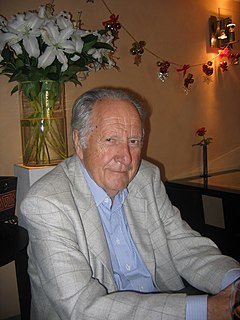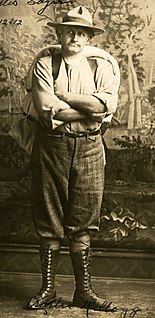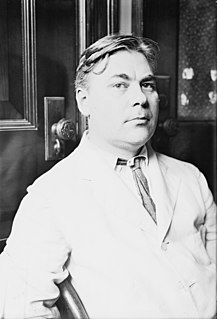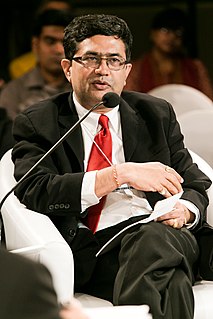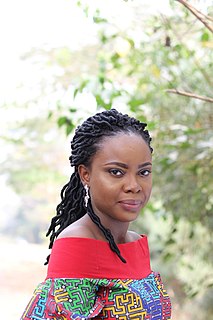A Quote by Uzodinma Iweala
Whether as living humans or as mythological figures, ancestors have always played an important role in the African popular and literary imagination. Sometimes, as in Amos Tutuola's famous short novels, they directly influence events. More often, as in the works of Chinua Achebe, both living and dead ancestors are sages offering valuable advice.
Related Quotes
Nature has endowed the earth with glorious wonders and vast resources that we may use for our own ends. Regardless of our tastes or our way of living, there are none that present more variations to tax our imagination than the soil, and certainly none so important to our ancestors, to ourselves, and to our children.
You know that the population is of this planet is now ten times greater than it was in the ages preceding capitalism.; you know that all men today enjoy a higher standard of living than your ancestors did before the age of capitalism. But how do you know that you are the one out of ten who would have lived in the absence of capitalism? The mere fact that you are living today is proof that capitalism has succeeded, whether or not you consider your own life very valuable.
There is an obvious evolutionary explanation for the scarcity of altruistic saints: Without a strong predilection for their own interests, our ancestors would have been unlikely to survive, reproduce, and give their own offspring a chance of doing the same. Now conditions have changed and for most of us, surviving and reproducing isn't such a struggle but we still carry the genes of our ancestors and they influence - not determine, but influence - our behavior.
Psychoanalysis is often about turning our ghosts into ancestors, even for patients who have not lost loved ones to death. We are often haunted by important relationships from the past that influence us unconsciously in the present. As we work them through, they go from haunting us to becoming simply part of our history. (243)
I've been thinking about disowning some of my genes lately. I have a few healthy, happy, long-living optimists in my family tree - most of them fans of Christian Science founder Mary Baker Eddy, a major champion of positive thinking. But I've got plenty of ancestors who played out more tortured hands.
Yet soil is miraculous. It is where the dead are brought back to life. Here, in the thin earthy boundary between inanimate rock and the planet's green carpet, lifeless minerals are weathered from stones or decomposed from organic debris. Plants and microscopic animals eat these dead particles and recast them as living matter. In the soil, matter recrosses the boundary between living and dead; and, as we have seen, boundaries-edges-are where the most interesting and important events occur.

